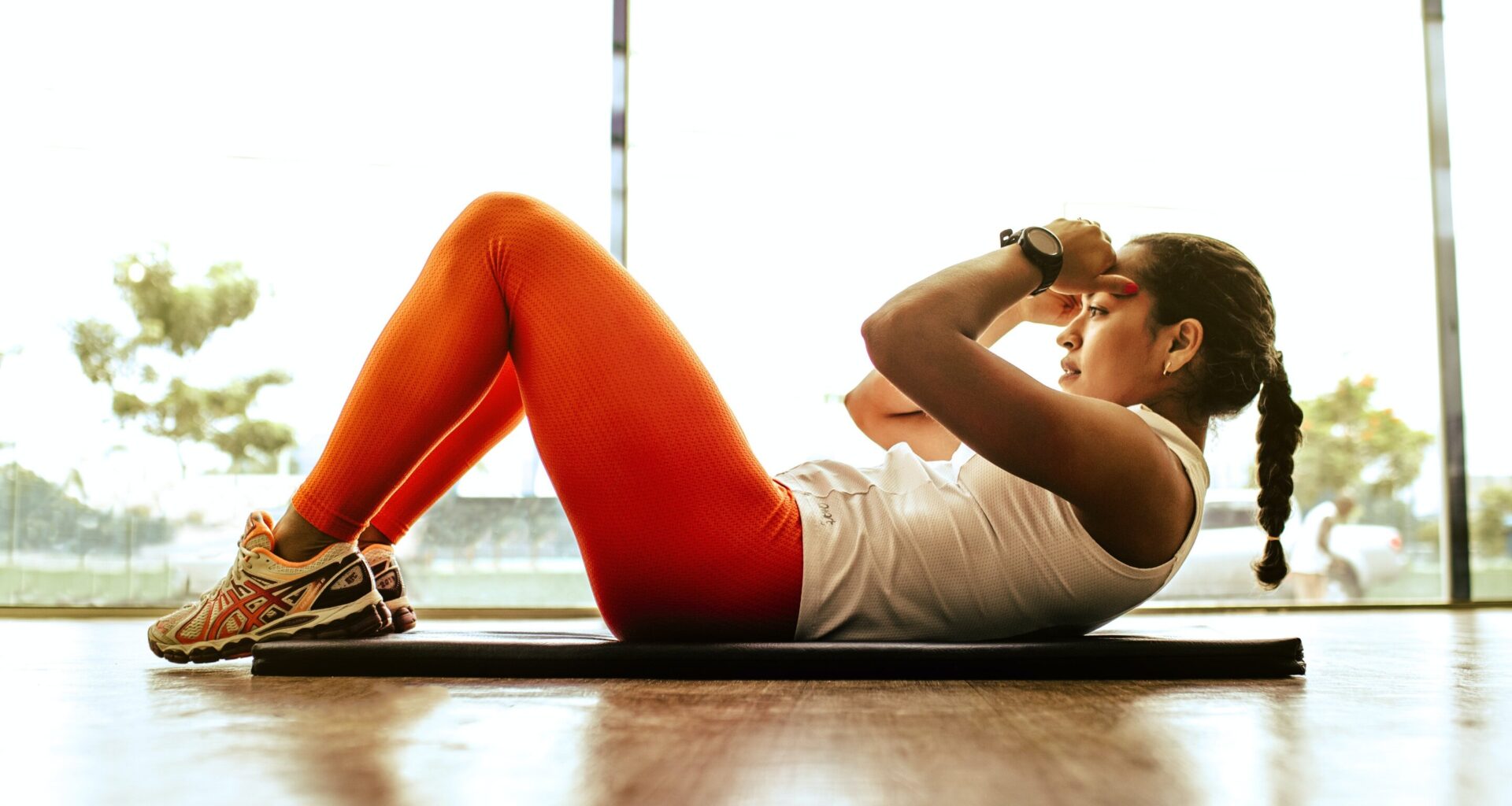
Credit: Unsplash/CC0 Public Domain
The sun may be shining now, and our vitamin D levels are getting a natural boost, but it wasn’t long ago that we were in the depths of winter, when sunlight was scarce and vitamin D was in short supply.
Now, new research from the University of Bath, University of Birmingham, University of Cambridge and others, published in Advanced Science, has revealed that regular, moderate-intensity exercise helps maintain crucial vitamin D levels during the darker months—even without weight loss or supplements.
Researchers found that people with overweight and obesity who completed a 10‑week indoor exercise program over winter experienced significantly smaller drops in vitamin D levels compared to those who didn’t exercise—even though their body weight was deliberately maintained.
The program involved four sessions per week: two treadmill walks, one longer steady‑state bike ride, and one high‑intensity interval bike session.
Notably, exercise completely preserved the body’s active form of vitamin D (1,25(OH)₂D₃), which plays a key role in supporting bone health, the immune system, and various organs. Previous studies suggest that vitamin D supplements alone do not help maintain this active form.
Lead author Dr. Oly Perkin, from the Centre for Nutrition, Exercise and Metabolism, Department for Health at the University of Bath, said, “This is the first study to show that exercise alone can protect against the winter dip in vitamin D. It’s a powerful reminder that we still have lots to learn about how exercise benefits our health.”
Key findings:
- People who exercised saw a smaller drop in their overall vitamin D levels over winter—about 15%, compared to a 25% drop in those who didn’t exercise.
- Importantly, those who exercised kept healthy levels of the active form of vitamin D, which helps support the immune system and bone health.
- In the non‑exercising group, levels of this active form fell by 15%.
- Weight was kept stable throughout the study, proving the effect was due to exercise—not weight loss.
To ensure sunlight didn’t skew results, the study ran between October and April—when natural vitamin D production from sunlight is minimal in this part of the UK—and participants were asked to avoid supplements.
A previous study from the team showed that a single workout can briefly boost vitamin D levels. This is the first to show that regular cardio exercise can maintain basal circulating vitamin D levels and offer lasting protection during the winter months.
Prof Dylan Thompson, Principal Investigator for the VitaDEx study, said, “Collectively, the findings from the VitaDEx project show that exercise increases the concentrations of vitamin D metabolites each time you are active—and, on top of this, doing regular activity helps to maintain your basal resting levels of vitamin D during winter. This means exercise gives you a double benefit to your vitamin D—firstly in and around each exercise bout, and secondly through changing your baseline levels.”
With over 50 adults taking part in this sophisticated and carefully designed randomized controlled trial, the study offers compelling evidence that exercise could be an effective winter vitamin D strategy—especially for those who are overweight or obese, for whom vitamin D supplements are less effective.
Liam Kilawee, who took part in the study, said, “I was impressed by how thorough the process was and how the team engaged with me during the research period. The results were pleasing as I could see that my actions had a positive reaction.”
Dr. Perkin added, “If you’re worried about your vitamin D levels in the winter, keeping up regular exercise every week will help, and offer a load of health benefits that vitamin D supplements cannot.”
Prof. Thompson added, “These findings have implications for policymakers and health care professionals. Exercise should be part of any strategy to improve vitamin D status and metabolism during winter.”
More information:
Oliver J. Perkin et al, Exercise without Weight Loss Prevents Seasonal Decline in Vitamin D Metabolites: The VitaDEx Randomized Controlled Trial, Advanced Science (2025). DOI: 10.1002/advs.202416312
Provided by
University of Bath
Citation:
Exercise is the key to maintaining Vitamin D levels in winter, study finds (2025, May 14)
retrieved 14 May 2025
from https://medicalxpress.com/news/2025-05-key-vitamin-d-winter.html
This document is subject to copyright. Apart from any fair dealing for the purpose of private study or research, no
part may be reproduced without the written permission. The content is provided for information purposes only.
